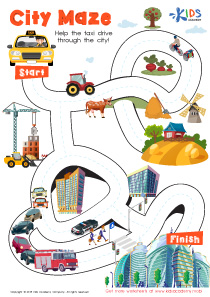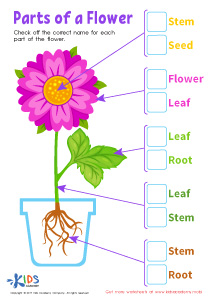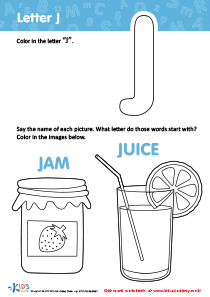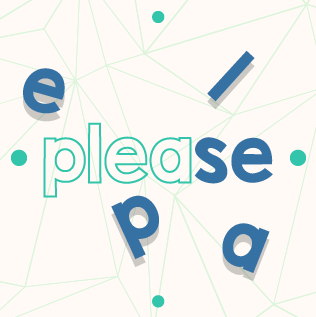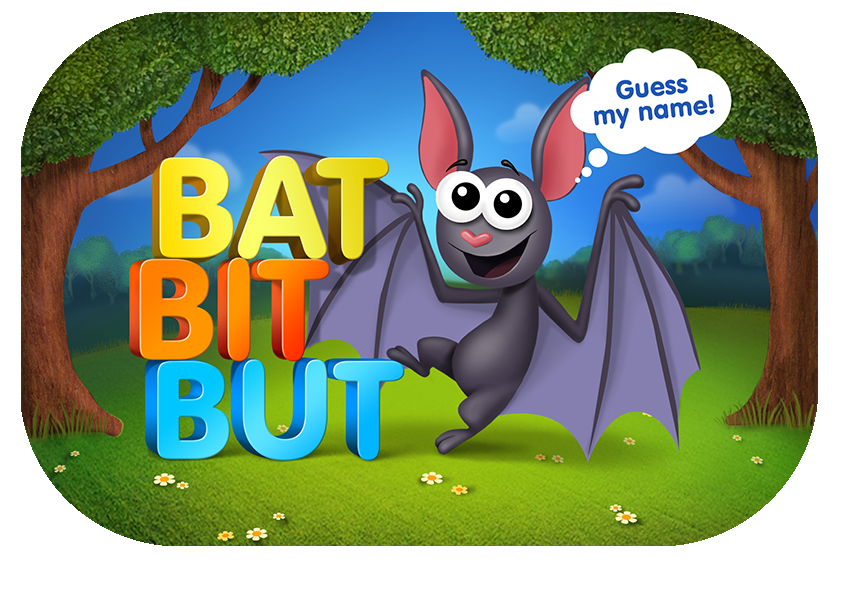English Language Arts Lessons | Phonological Awareness, Preschool
18 results
Our Phonological Awareness Lessons are specially designed for children in Preschool to enhance their language and literacy skills. Our interactive worksheets are engaging and fun, incorporating a range of phonetic activities that will help your child develop their understanding of sound manipulation and segmenting words. Our educational videos offer a visual aid to learning, and our assessment quizzes ensure that you can track your child's progress throughout the course. We believe in making learning a joyful and enjoyable experience for your child, and with our Phonological Awareness Lessons, your child will gain the confidence and ability to read and write with ease.
Phonological Awareness Lessons: Helping Children Succeed in School
Phonological awareness, or the ability to recognize and manipulate the sounds in words, is essential for developing reading and writing skills. It is a critical element of literacy that children must learn in their early years to be successful in their academic career. To help children gain this crucial skill, many schools and preschools are now offering phonological awareness lessons. These lessons consist of interactive worksheets, educational videos, and quizzes that foster a child's understanding of language and help them develop phonological awareness skills.
Phonological awareness lessons are designed to provide children with a solid foundation for learning how words work. By breaking down words into syllables and sounds, children can learn to identify patterns and understand how sounds work together to create words. The interactive worksheets that are part of phonological awareness lessons allow children to practice these skills in a fun and engaging way, while the videos provide a visual component to the learning experience. Additionally, assessment quizzes help teachers evaluate the child's progress and determine where they need additional support.
The benefits of phonological awareness lessons for children in preschool are substantial. Young children are in the midst of learning language and developing their phonological awareness skills. By providing them with phonological awareness lessons early on, we can help them gain the foundation they need to succeed in school and beyond. These lessons help to foster critical thinking, reasoning, and memory skills that are essential to learning and provide a strong foundation for a child's future academic success.
The lessons are interactive and engaging, making them an ideal tool for learning. Children enjoy the fun colors, pictures, and graphics, which help keep their attention focused on the task at hand. This makes the lessons both fun and educational and encourages children to participate and learn.
Phonological awareness lessons can be especially helpful for children who are struggling with reading and writing. These lessons provide children with a better understanding of how sounds work, allowing them to break down words and better comprehend what they're reading. This increased understanding of language helps children improve their reading and writing skills, leading to better academic outcomes.
In conclusion, phonological awareness lessons are an essential component of any early childhood education program. These lessons foster critical thinking, reasoning, and memory skills in children, providing them with a strong foundation for academic success. The interactive worksheets and education videos, along with assessment quizzes, help children develop phonological awareness skills in a fun and engaging way.


